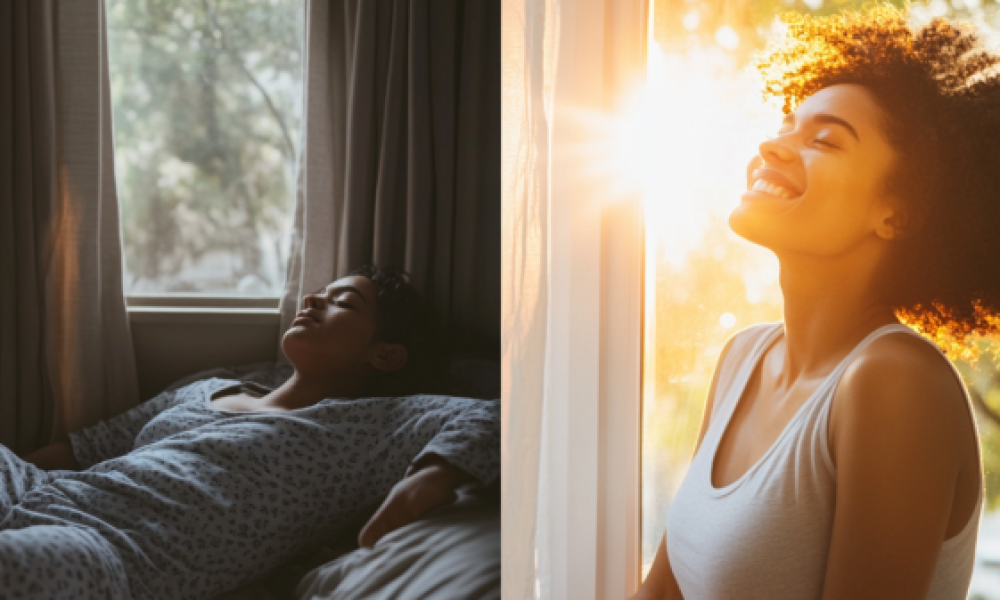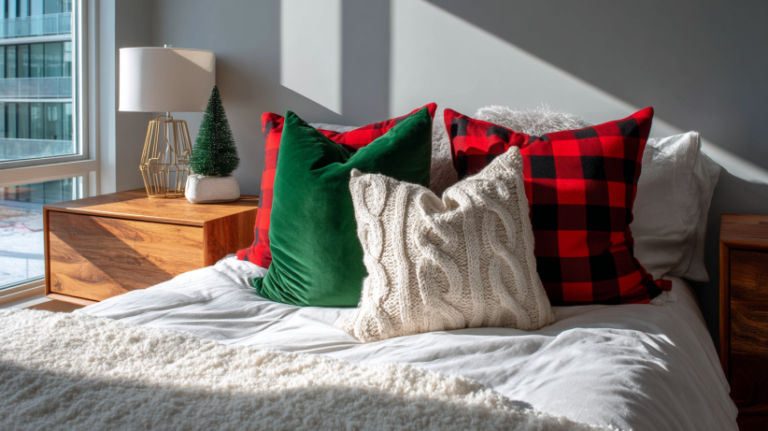Why You Should Avoid Hitting the Snooze Button
Why you should never hit the snooze button isn’t just about punctuality—it’s about protecting your brain’s most powerful overnight healing process.
Key Takeaways
- Hitting snooze fragments REM sleep, reducing memory, mood, and creativity benefits.
- Continuous, uninterrupted sleep improves cognitive sharpness and emotional resilience.
- Simple morning habits can dramatically improve brain health and energy.
The Snooze Button’s Hidden Brain Disruptions
Why you should never hit the snooze button lies in how it impacts your brain’s final sleep stage—REM. That dreamy, healing phase is when memory consolidates, emotions reset, and creativity flourishes. But when you snooze, you interrupt that process. Each press tricks your brain into thinking it’s heading back into deep sleep, only to be jolted awake minutes later. This mini rollercoaster actually worsens grogginess and dulls mental clarity.
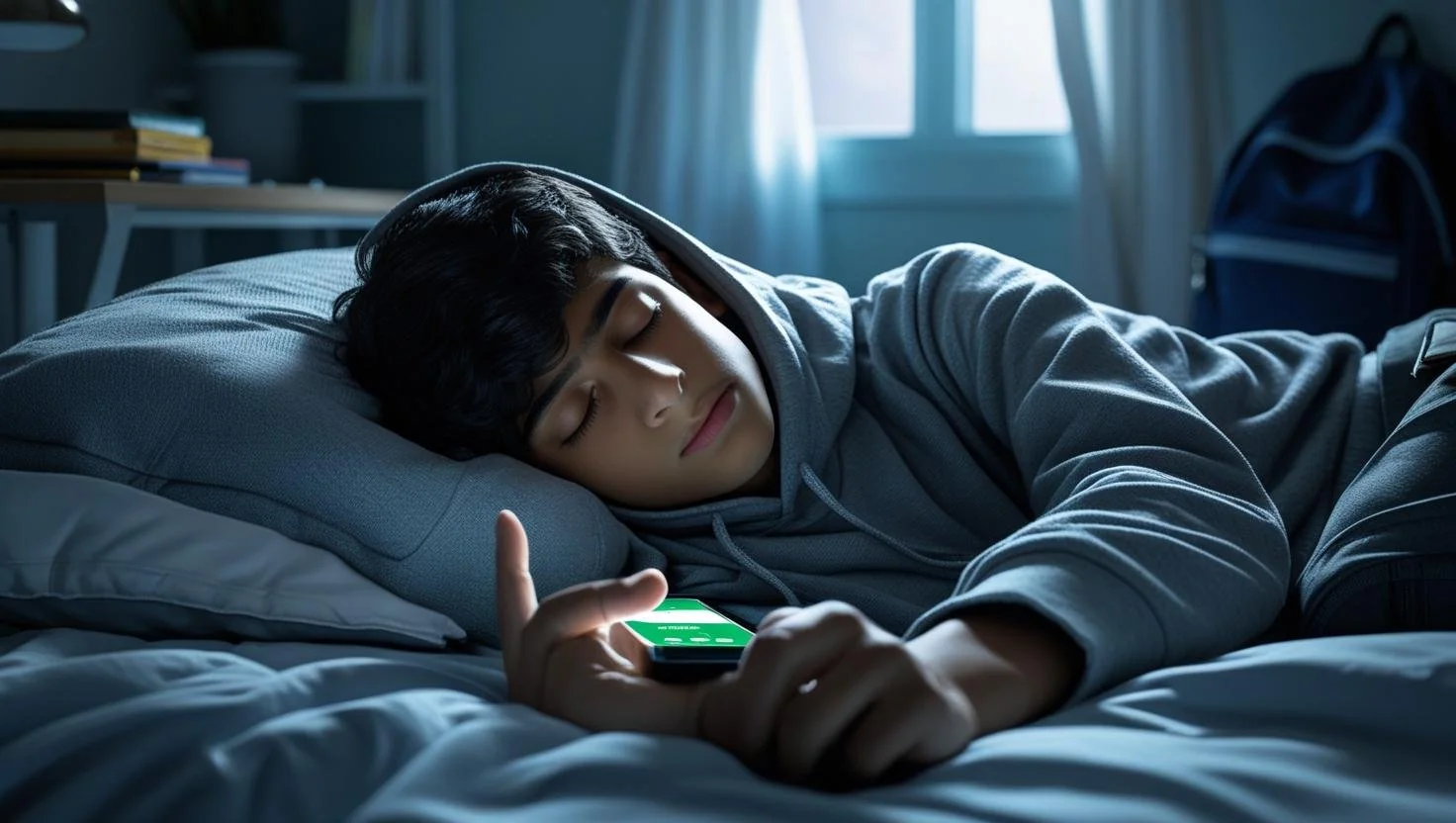
Learning why you should never hit the snooze button can help you build a more energized, focused, and emotionally grounded day from the moment you wake up.
How REM Sleep Powers Your Brain
REM sleep isn’t optional—it’s essential. It’s when your brain organizes new knowledge, heals emotional wounds, and recharges your creative circuits. Disrupting REM with a snooze alarm throws off your mental rhythm. In fact, fragmented REM sleep has been linked to decreased cognitive performance and emotional instability, according to the Sleep Foundation.
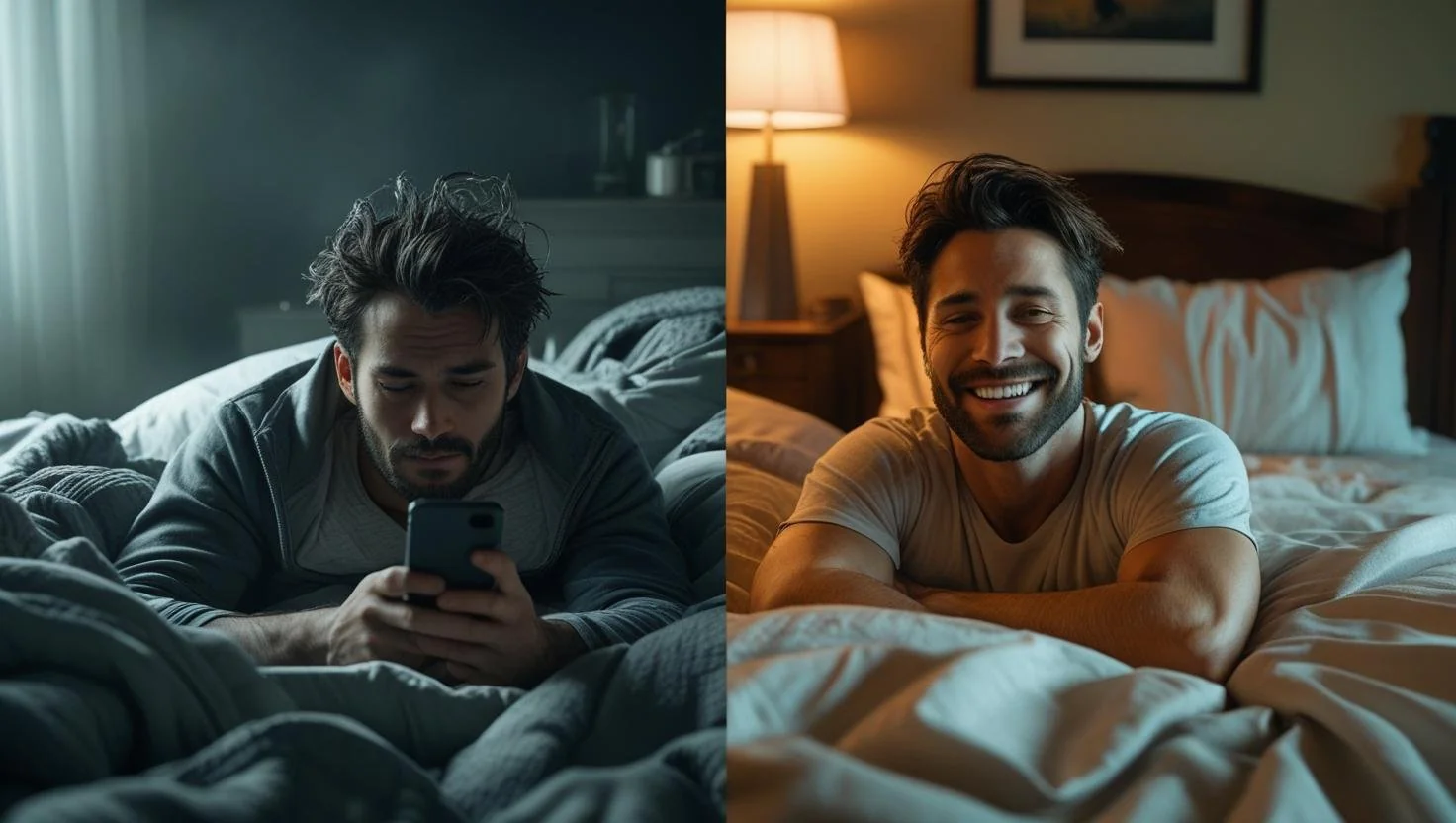
Waking Up Naturally vs. Hitting Snooze
Waking up naturally (or with a gentle alarm) allows your brain to complete its sleep cycle. In contrast, hitting snooze can trigger “sleep inertia,” a sluggish, foggy state that can last up to 4 hours. That’s because your brain is caught mid-cycle. Want a better start? Try a wake-up light or set your alarm for the end of a 90-minute sleep cycle.

Morning Brain Fog? Snooze May Be to Blame
Grogginess is not just about how long you sleep—it’s how you wake up. If your final sleep cycle is cut short or fragmented, you miss out on the brain-boosting benefits of REM. This is one of the core reasons why you should never hit the snooze button, especially if you need your mental edge sharp and emotions steady.
How to Stop Hitting Snooze (Without Feeling Miserable)
- ⏰ Use a Wake-Up Light — Gradual light signals your brain to transition out of sleep gently.
- 🛏️ Put Your Alarm Across the Room — This forces movement, which reduces grogginess.
- 🌤️ Stick to a Sleep Schedule — Consistent sleep times help regulate your circadian rhythm.
- 💧 Hydrate Immediately — A glass of water helps jumpstart brain function.
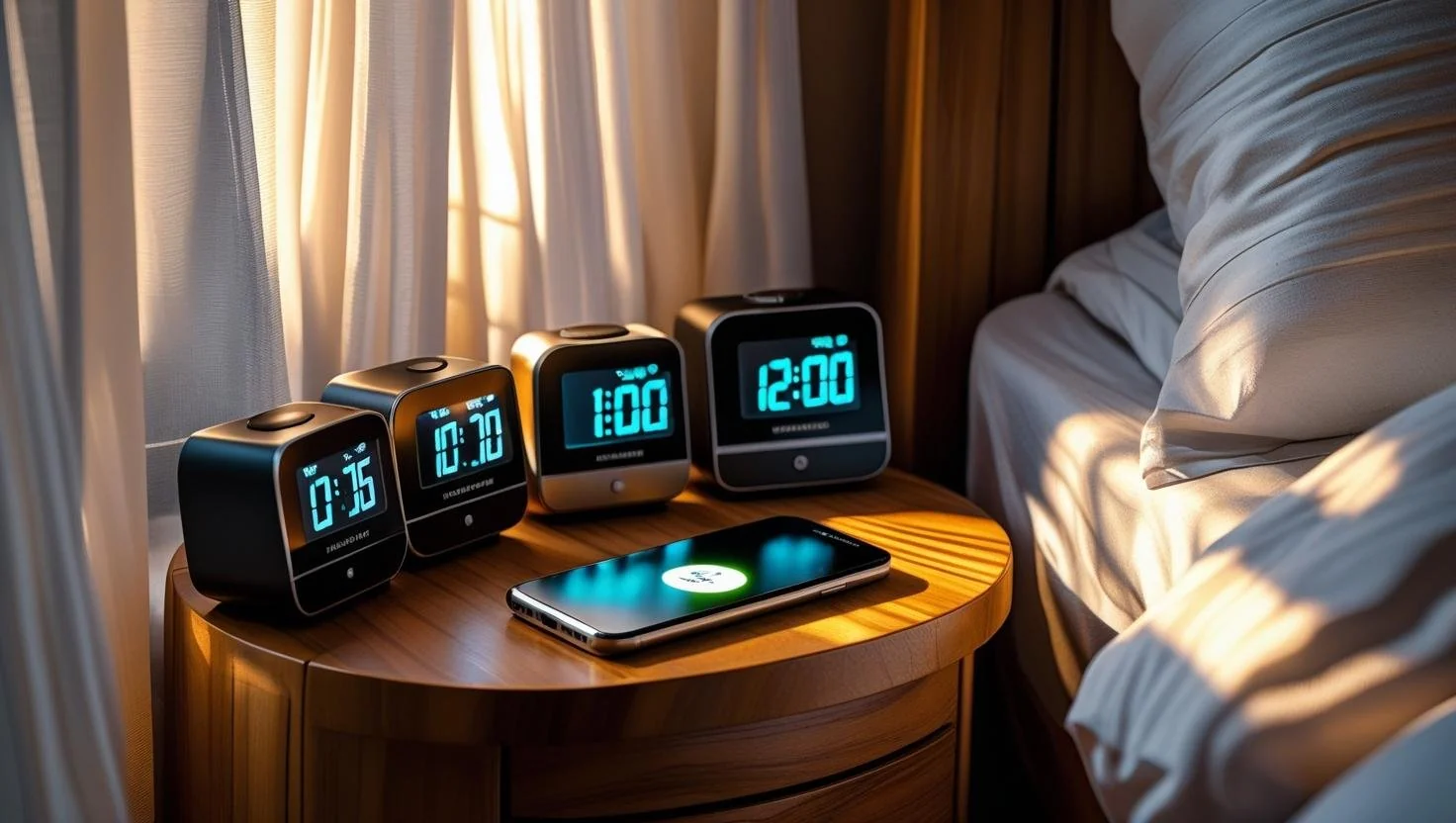
Dream Disruption: What You’re Missing With Snooze
Each REM cycle gets longer as the night progresses. That means the final stretch of sleep (right before your alarm) is the richest in dreaming. Interrupting this period not only erases your dreams—it erases the psychological benefits that come with them. If you’re journaling dreams or aiming for lucid dreaming, skipping snooze becomes even more critical.

Better Sleep = Better Brain
Ultimately, your morning habits shape your brain’s daily performance. A consistent wake-up time, combined with uninterrupted REM sleep, gives your brain the full recharge it needs. This simple change is one of the most underrated tools for emotional balance, sharper memory, and mental clarity.
FAQ
What happens to your brain when you hit snooze?
Hitting snooze disrupts REM sleep, leading to brain fog, memory issues, and reduced emotional regulation due to interrupted neural processes.
How can I stop hitting the snooze button?
Use a wake-up light, place your alarm across the room, and stick to a regular sleep schedule to reduce reliance on snooze.
Is using the snooze button bad for your health?
Yes. It fragments sleep, disrupts REM cycles, and increases sleep inertia, which negatively impacts mood, focus, and cognitive function.
Learn more in how new sleep tech can enhance natural wake cycles.
Discover how to reset your circadian rhythm for deeper, more restorative sleep.
Read the best foods for deep sleep to support overnight brain health.
Explore how blue light affects your sleep and how to reduce its impact.

